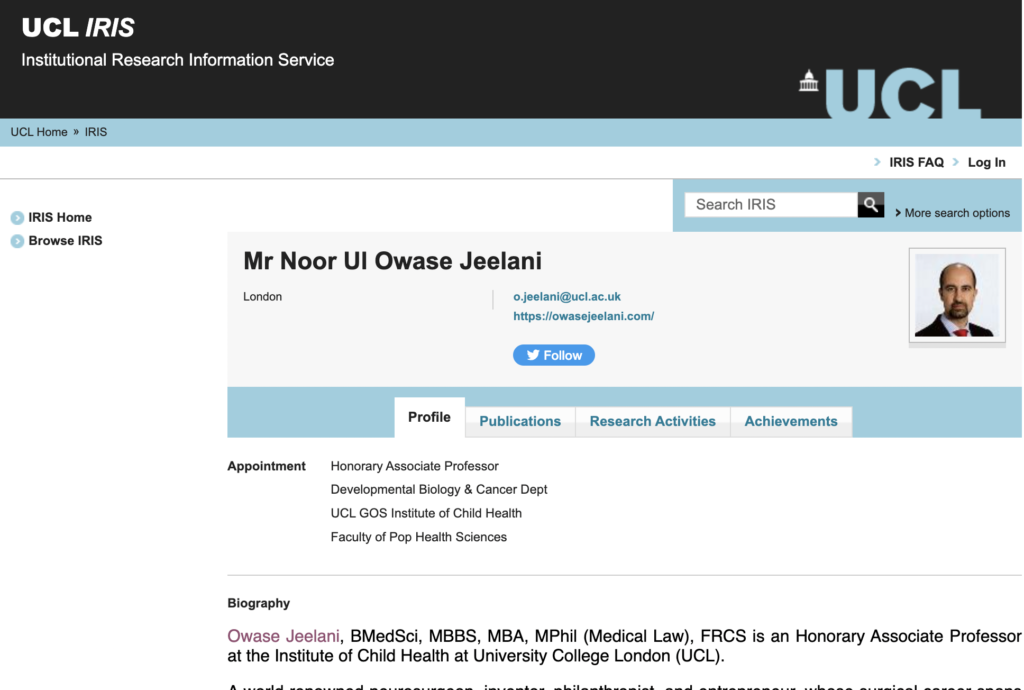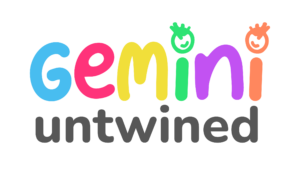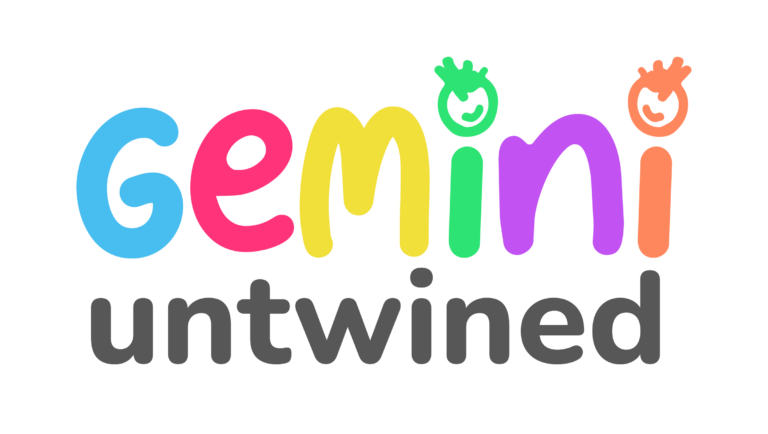Gemini Research

Our research mission
At Gemini Untwined, we conduct complex surgeries to separate cranially conjoined twins. In order to prepare for and conduct these extremely rare surgeries, we have to operate at the very forefront of medical science. No individual surgery would be possible without the vast research that comes before it.
Our surgeries result in the separation of cranially conjoined twins, and the improvement of their individual lives. Our research on the other hand has a profound trickle-down effect, impacting the lives of thousands of other children with more common health conditions.
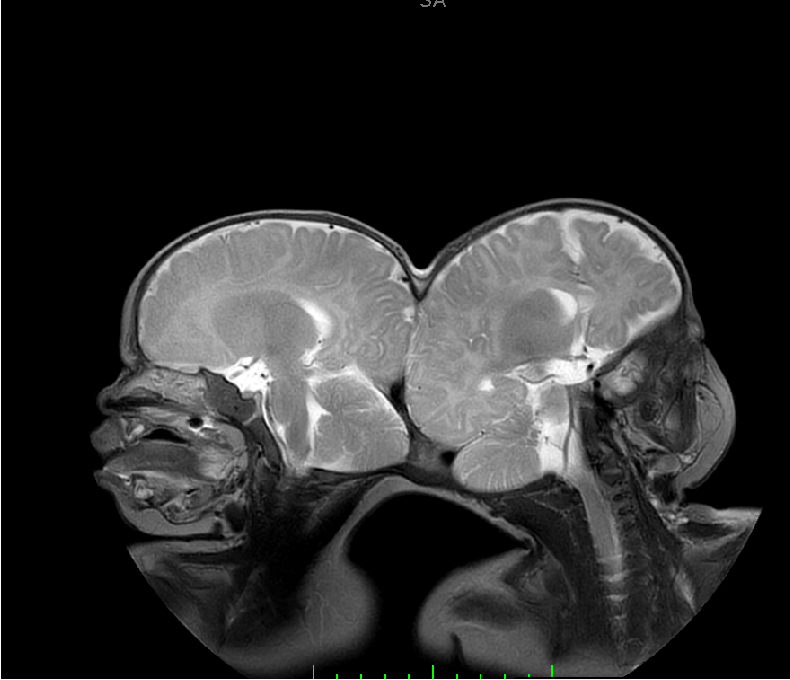
Why is our research important?
Connecting the dots
Our research covers a range of medical issues and practices. We facilitate knowledge sharing between various medical disciplines and pave the way for progress across the treatment of craniofacial conditions, trauma, cosmetic reconstruction, and paediatrics at large.
Trickle-down effect
The lessons learnt from these very rare and complex surgeries to separate conjoined twins, further our understanding of brain function and development in children. Our research will lead to improved outcomes for more common paediatric medical conditions.
Supporting the NHS
Our research is used directly in NHS hospitals, namely Great Ormond Street Hospital (GOSH). Here, we have helped to shorten craniofacial surgery and recovery times, as well as reduce blood loss and infection risk during and after surgeries.
When you donate to Gemini Untwined, you are donating to our life-saving research for countless children living with medical conditions.
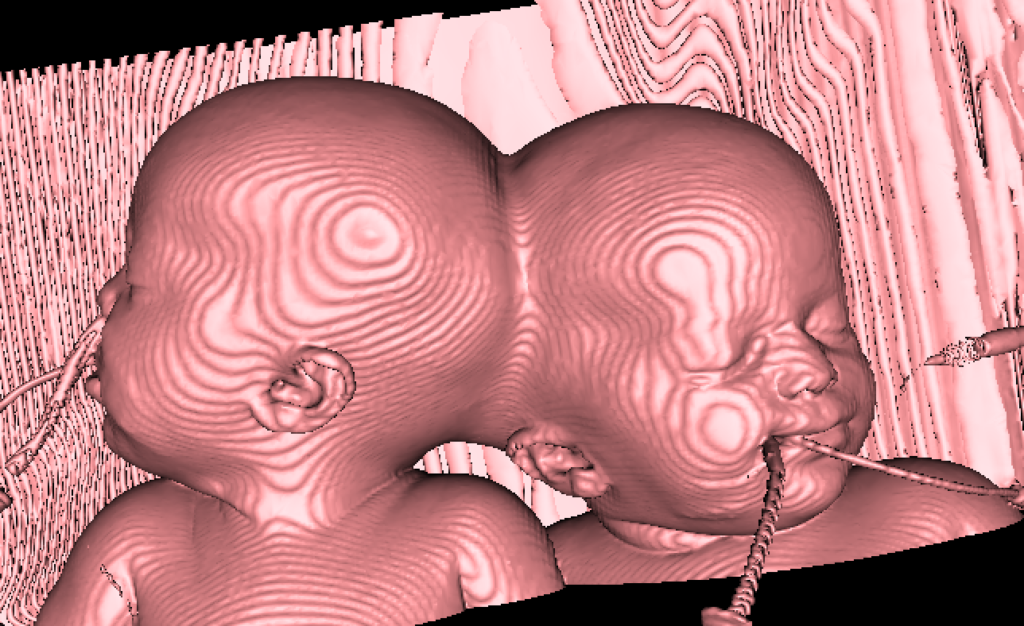
Our research in action
3D printing at GOSH
Following the successful use of 3D printing for the first time for the separation of Safa and Marwa, GOSH now uses this technology for all their paediatric surgeries. As well as their neurosurgery department, 3D printing has been adopted as standard practice to better understand children’s anatomies and prepare for surgical procedures.
Halving surgery times at GOSH
At GOSH’s Craniofacial Unit, other paediatric surgeries dealing with more common conditions have seen surgery times halved in some cases, along with sped-up recovery times thanks to the understanding of the complex surgeries involved with craniopagus separation. This has developed a more efficient practice across the unit.
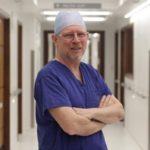
Our research streams
- Research into innovating technologies to make surgeries safer and more efficient.
- 3D modelling to view anatomy with more accuracy than ever before.
- Virtual (VR) and Augmented Reality (AR) technologies to help navigate complex surgical procedures.
- Refining this technology to be used across more healthcare services.
- Research into CPT is chronically underfunded; we are the only charity in the world dedicated to this.
- Understanding the epidemiology and natural history of craniopagus twins for a greater understanding of:
- Causes
- Life expectancy
- Development
- Anatomy
- Associated, more common, health conditions
- Life and surgical outcomes
- Knowledge-sharing within the medical community. So far, we have advised 9 hospitals across 9 different countries and 4 continents (Europe, Asia, South America, Africa).
- Training surgeons around the world to integrate our pioneering technologies into their routine practices.
- Advocating for the regular use of 3D modelling and VR technology in paediatric surgery.
- Funding PhD students studying medical issues related to CPT.
Our research has been published in many of the world’s leading academic journals. For a full list of our research papers, please visit the UCL online academic research library.
